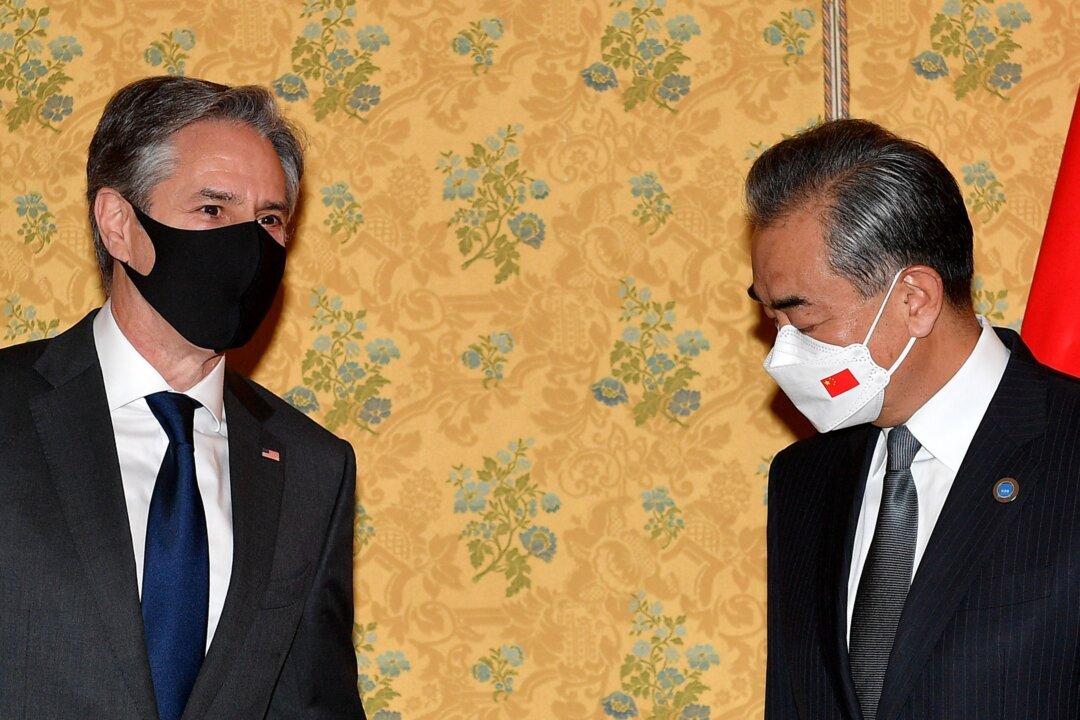U.S. Secretary of State Antony Blinken and China’s foreign minister, Wang Yi, locked horns over China’s approach to Taiwan during a phone call on Nov. 12, just three days before the leaders of the two nations hold a virtual meeting.
“The Secretary emphasized longstanding U.S. interest in peace and stability across the Taiwan Strait and expressed concern regarding the PRC’s continued military, diplomatic, and economic pressure against Taiwan,” State Department spokesperson Ned Price said in a statement.





